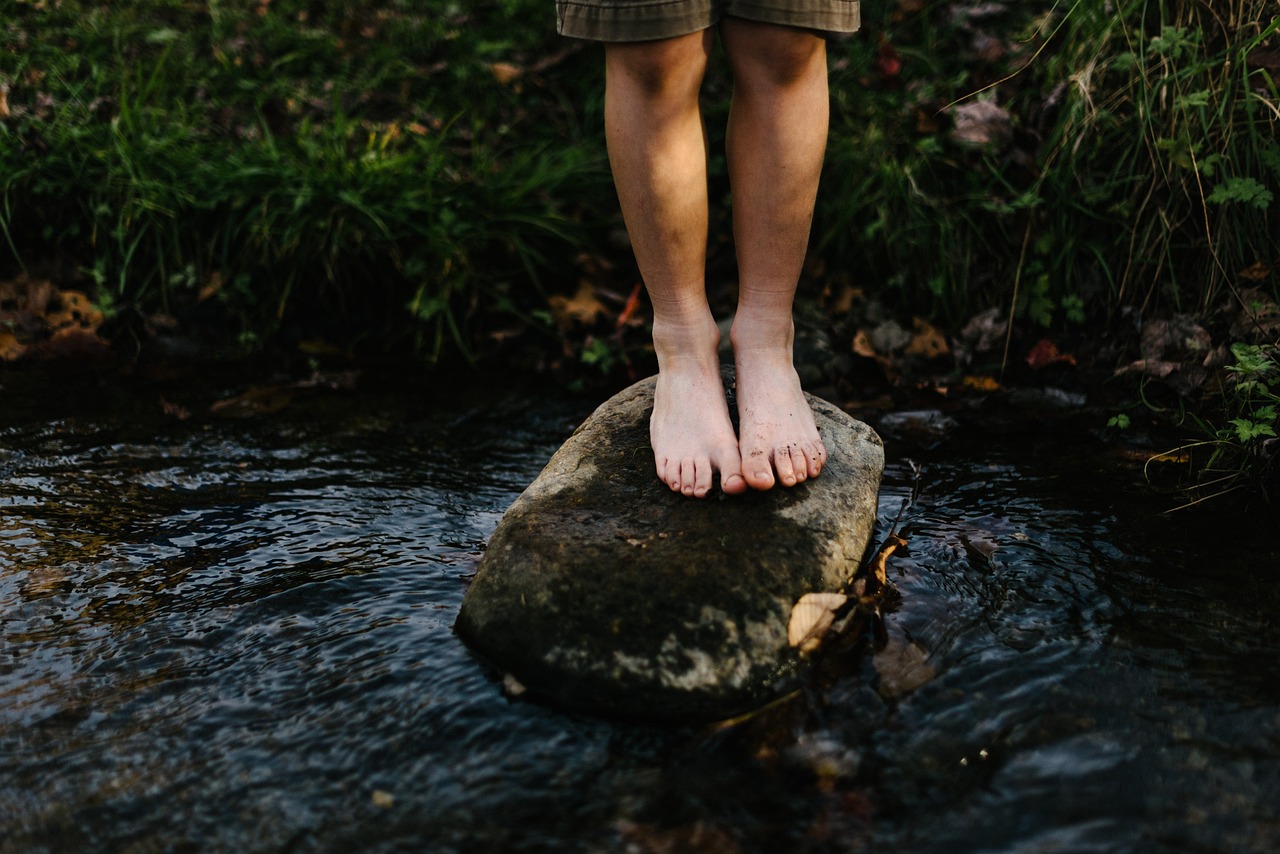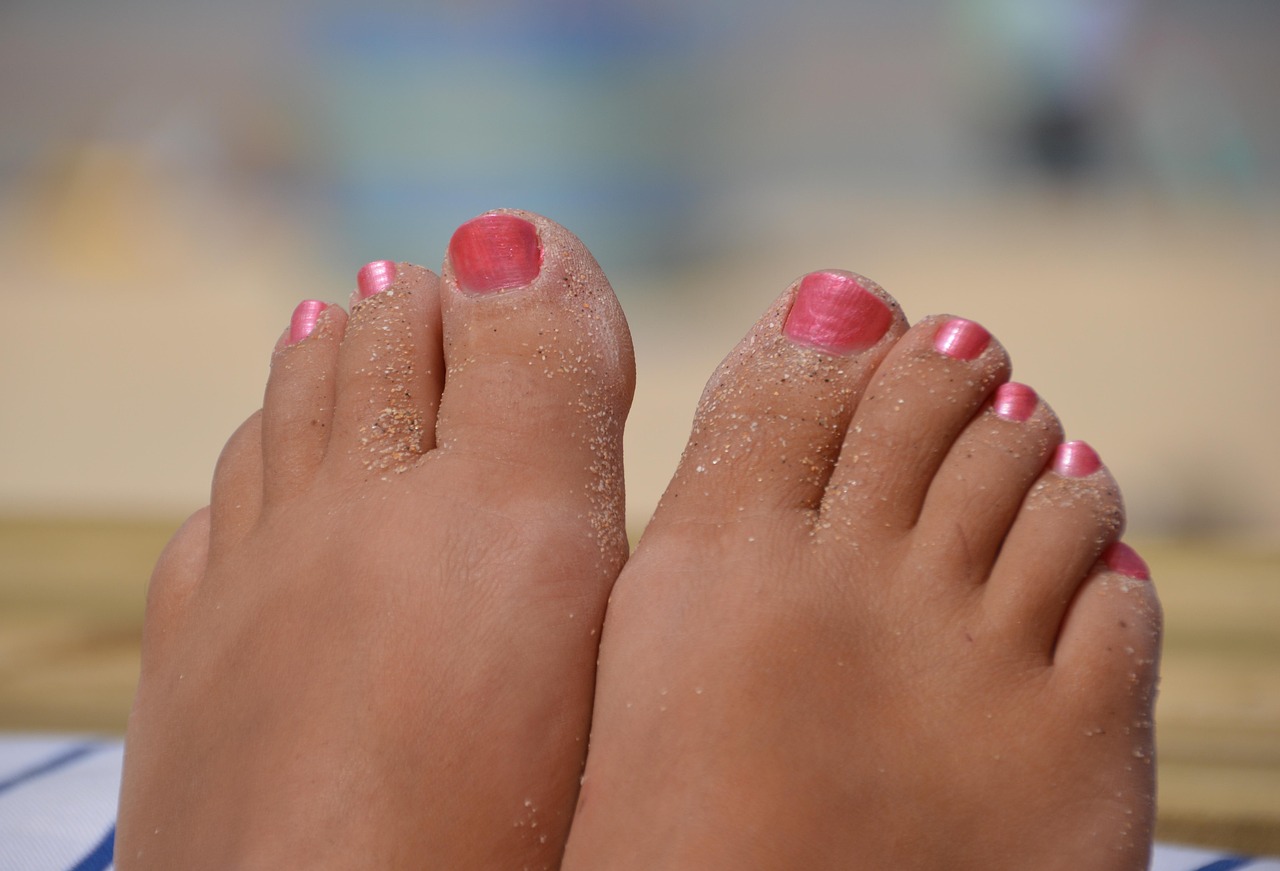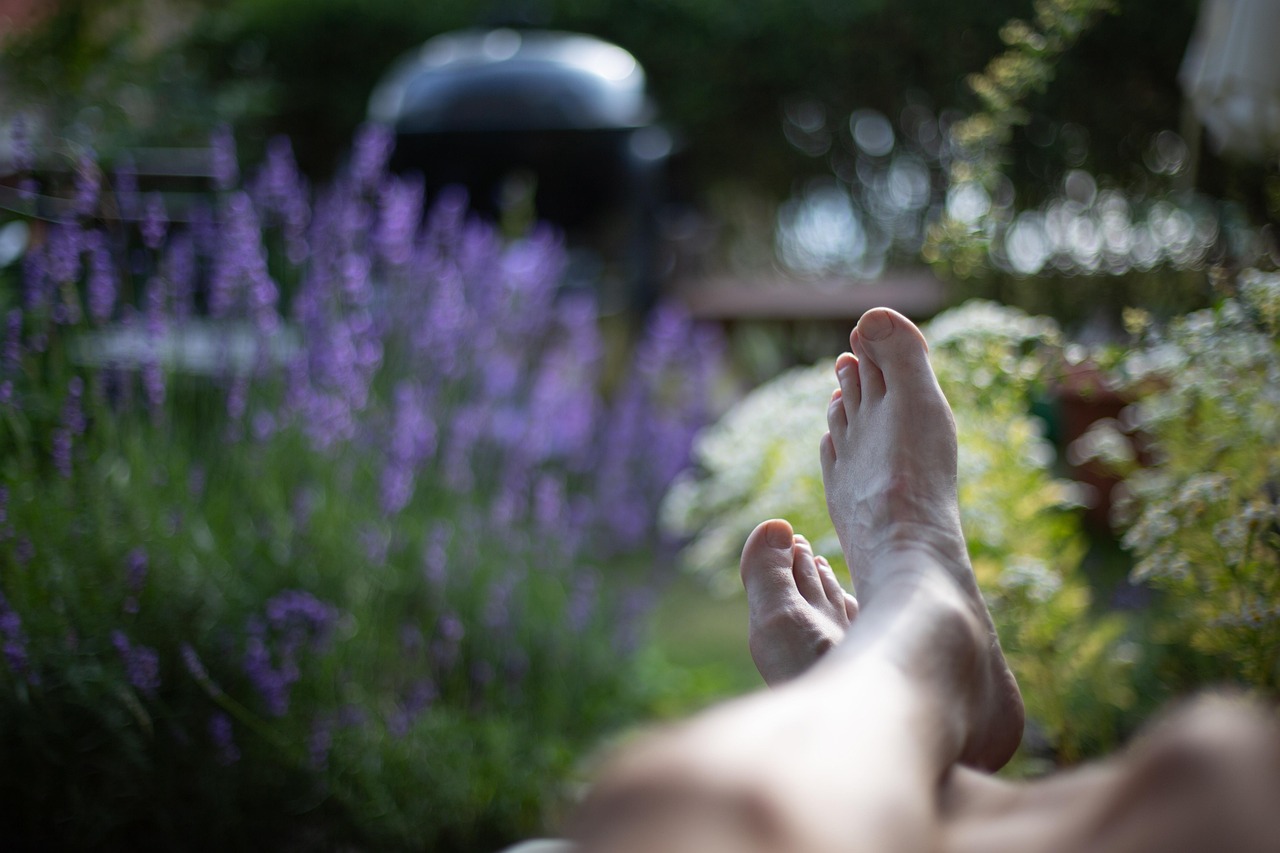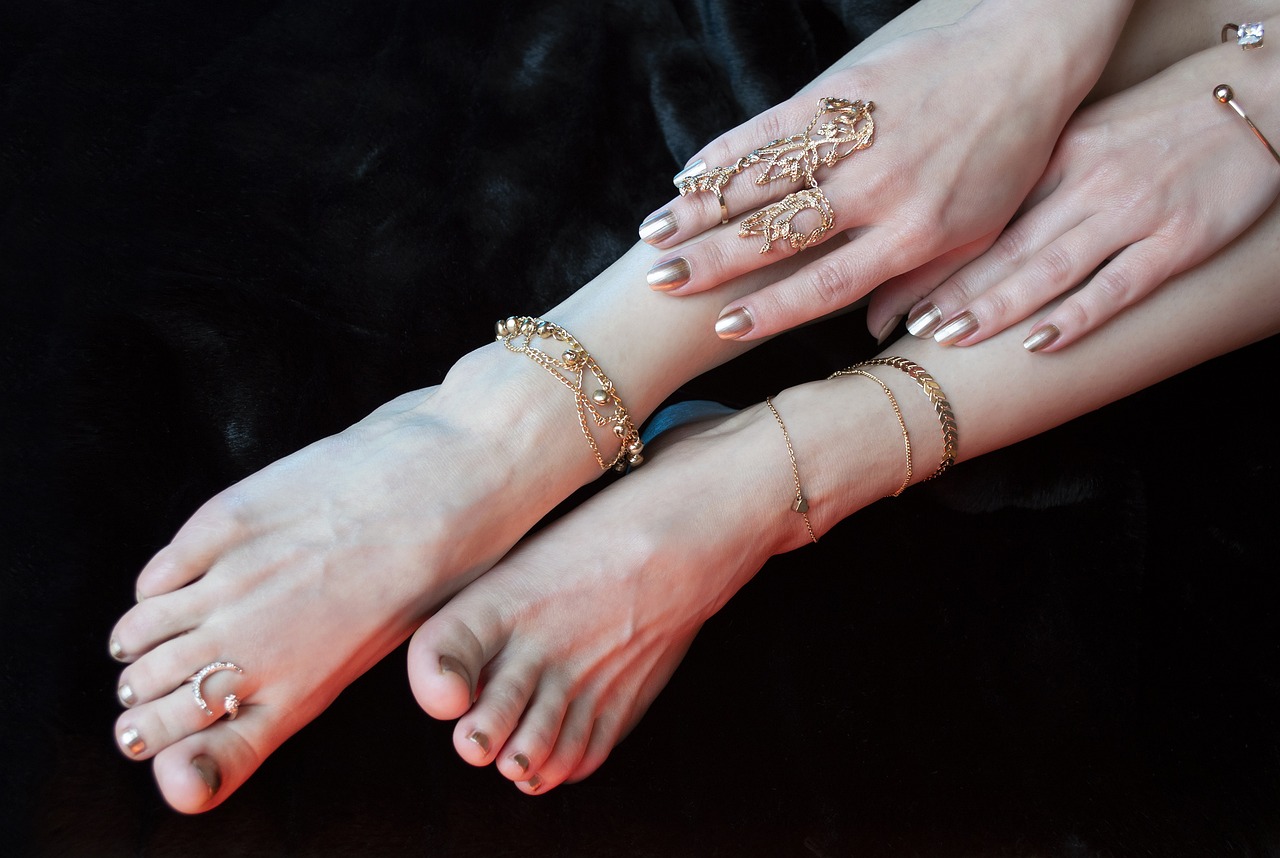Because the adventure shouldn’t leave a mark on your heels.
There’s something deeply satisfying about completing a long hike — the challenge, the scenery, the fresh air. But once the trail ends, your feet might be feeling less inspired. Blisters, soreness, peeling, dry heels, or even cracks can turn a rewarding experience into a painful recovery if you don’t act fast.
Proper post-hike foot care is just as important as your boots or hydration pack. In this guide, we’ll show you exactly how to treat and protect your heels after a long hike — with simple steps and product recommendations from The Beauty Pure that help your skin recover and stay strong for your next outdoor adventure.
Table of Contents
Toggle🥾 What Happens to Your Feet During a Hike?
Even if you don’t feel it immediately, hiking puts intense pressure and friction on your feet — especially your heels and the balls of your feet.
Here’s how a hike affects your skin:
- Constant friction breaks down the outer layer of skin
- Sweating leads to moisture imbalance → dryness or softening
- Rough terrain = impact shock on heels
- Socks and boots trap heat, leading to odor and bacteria buildup
Without proper care, this often leads to:
- Flaking
- Calluses
- Cracked heels
- Blisters
- Skin stiffness or peeling
🧼 Step-by-Step: Post-Hike Foot Recovery Routine
Treat your feet like athletes treat their muscles — with intentional cooldown and repair. Here’s your foot care ritual after any long hike:
✅ Step 1: Cleanse Thoroughly
Wash your feet with warm water and mild soap. This removes sweat, bacteria, dirt, and potential irritants from trail dust.
- Pat dry — don’t rub harshly
- Clean between toes and under the nails
💡 Avoid soaking right away if blisters or cuts are present — this can delay healing.
✅ Step 2: Assess for Damage
Take a minute to inspect your feet:
- Are there hot spots or red areas?
- Any skin peeling or cracked heels?
- Are your feet sore to the touch or dry and tight?
Catching early signs means faster recovery.
✅ Step 3: Apply Targeted Foot Cream
Even if your skin isn’t visibly cracked, it’s likely dehydrated and stressed.
Use: 👉 Lapitak Foot Care Cream
Lightweight yet effective for post-hike hydration. Soothes and softens instantly.
If your heels are rough or show fissures: 👉 Lapitak Cream for Cracked Heels
Contains urea, panthenol, and allantoin for intense healing.
Apply generously and massage into the heels, balls of the feet, and any dry areas.
✅ Step 4: Let Your Skin Breathe
After a hike, your feet need airflow, not confinement.
- Go barefoot (if safe) or wear open, cushioned sandals
- Change into dry, breathable socks if you’re on the go
- Don’t immediately put on tight shoes or boots again
✅ Step 5: Recover Overnight
Before bed:
- Reapply cracked heel cream
- Wear cotton socks overnight to seal in moisture
- Elevate your feet slightly if there’s swelling
You’ll wake up with rejuvenated, softer feet — ready for the next trail.
🌿 Optional Add-ons for Extra Relief
- Epsom salt soak (after first 24 hours if no blisters)
- Cooling foot gel if your feet are overheated
- Foot spray like Lapitak Foot Odor Preventing Spray to prevent bacterial growth
👟 Pro Tips for Hike-Lovers
- Moisturize before your hike too, not just after
- Choose moisture-wicking socks with extra padding at the heel
- Break in new shoes well in advance
- Trim toenails before long hikes to prevent friction
Final Thoughts: Respect the Feet That Carried You
Hiking is hard on your body — but it’s hardest on your feet. The good news? A simple, smart post-hike routine can prevent most heel issues and protect your skin for many trails to come.
👉 Explore The Beauty Pure to build your perfect recovery kit for strong, healthy heels — trail after trail.





